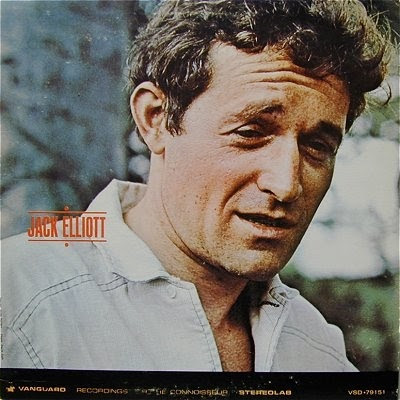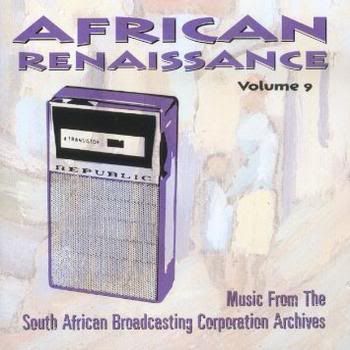Today is the International Holocaust Remembrance Day, marking the passage of 81 years since the January 27, 1945, liberation of Auschwitz by Soviet soldiers. Auschwitz was a network of concentration camps built and operated in occupied Poland by Nazi Germany during the Second World War. Auschwitz I and nearby Auschwitz II-Birkenau were the extermination camps where an estimated 1.1 million people - mostly Jews from across Europe, but also political opponents, prisoners of war, homosexuals, Roma and others -were killed in gas chambers or by systematic starvation, forced labor, disease, or medical experiments. About 200,000 camp inmates survived the ordeal.
Martha Haftel Schlamme, born in Vienna in 1923, was the only child of restaurateur Meier Haftel and Gisa (Braten) Haftel. As a child, she studied the piano and learned Yiddish and German songs from her family. After the German annexation of Austria in 1938, her parents sent her to live with relatives in France. She later joined her parents in England. There she continued her education, begun in Viennese public schools, in a Jewish school. When her parents were interned as enemy aliens in a camp on the Isle of Man, she chose to remain with them. While in the camp, she studied English and secretarial subjects, and first performed on stage in a German-language production of Shakespeare’s As You Like It.
It was also in the internment camp that she decided to pursue a musical career after hearing the Icelandic singer Engel Lund perform folk songs in several languages, including Yiddish. She studied piano and voice in London after the war, supporting herself with office work, and began to perform on stage and for BBC radio. After moving to the United States in 1948, she continued her musical education and, despite discouragement from mezzo-soprano Jennie Tourel, began a performing career that took her to concert halls and nightclubs from coast to coast. Her repertoire included songs in over a dozen languages. Among her recordings are five collections of Yiddish songs (for Vanguard, MGM, and Tikva), one each of Israeli songs and of French Christmas carols (for Vanguard), one record of German songs (with accompaniment by Pete Seeger, for Folkways), and several live performance records (for Vanguard and MGM).
In 1959, on the eve of the opening of the Edinburgh Festival, Schlamme first performed a program of Kurt Weill songs in a tiny Edinburgh club. The enthusiastic reaction of reporters in town for the festival, she later recalled, made her “a star overnight.” Her World of Kurt Weill in Song (with Will Holt, later recorded for MGM) began a long Off-Broadway run in 1963 and led to other Weill performances, including roles in The Threepenny Opera and Mahagonny, as well as A Kurt Weill Cabaret (with Alvin Epstein, also recorded for MGM). She also appeared on stage in productions ranging from Fiddler on the Roof to plays by Maxim Gorky, and performed in such one-woman shows as A Woman Without a Man Is … and The Jewish Woman.
Schlamme’s two marriages, to Hans Schlamme and to Mark Lane, ended in divorce. Martha Schlamme died in Jamestown, New York, on October 6, 1985, two months after suffering a stroke while onstage. In her nearly forty years of performing in the United States, she helped to popularize Yiddish and international folk songs and to remind Americans of the legacy of composer Kurt Weill.
Tracklist:
1 Tumbalalaika
2 Mit A Nodle
3 Papir Is Doch Vais
4 An Alte Kashe
5 Oy Avrom
6 Yankele
7 Zog Nit Keinmol
8 Reisele
9 A Genayve
10 Fisher Lid
11 A Chussedl
12 Durchn Drf Geyt A Geshrai
13 Shlof Shlof Shlof
14 Di Mezinke
15 Yosl Ber
16 Yoshke Fuhrt Avek
Martha Schlamme – Yiddish - Songs From My Father's House
(320 kbps, cover art included)




















